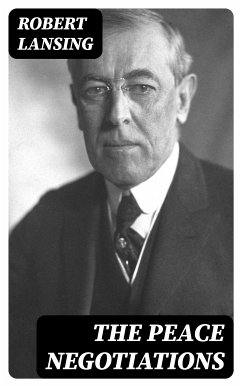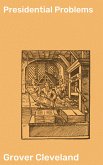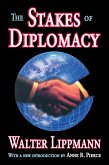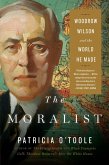In "The Peace Negotiations," Robert Lansing captures the intricate dynamics and complexities of international diplomacy during a pivotal time in history-post-World War I. Written in a meticulous and formal style that mirrors the gravity of its subject matter, the book offers an insider's perspective on the Treaty of Versailles and the delicate negotiations that ensued. Lansing's narrative interweaves personal observations with a detailed account of the geopolitical tensions, revealing the nuanced positions of the various nations involved, the clashing ideologies, and the overarching quest for a more stable world order. Robert Lansing, serving as the U.S. Secretary of State under President Woodrow Wilson, was at the forefront of shaping American foreign policy during a transformative era. His privileged position allowed him to observe the negotiation processes closely, providing him with unique insights into both the personalities and politics at play. Lansing's experiences serve not only as a backdrop for his analysis but also as a catalyst for his impassioned advocacy for international cooperation and peace. This book is an essential read for scholars and enthusiasts of diplomatic history, offering a profound understanding of the forces that shape international relations today. With its thorough research and engaging prose, "The Peace Negotiations" will resonate with anyone seeking to comprehend the complexities of diplomacy and the ongoing challenges of achieving global peace.
Dieser Download kann aus rechtlichen Gründen nur mit Rechnungsadresse in A, B, BG, CY, CZ, D, DK, EW, E, FIN, F, GR, H, IRL, I, LT, L, LR, M, NL, PL, P, R, S, SLO, SK ausgeliefert werden.









